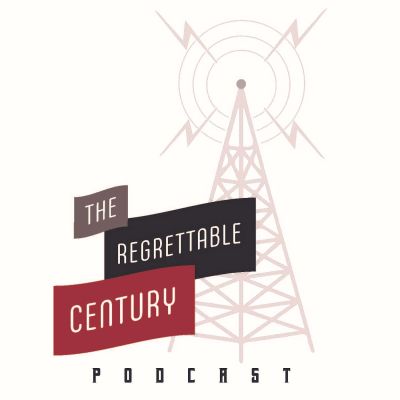The old forms of the left are moribund and the new forms are stupid. We're making a podcast that discusses the need to organize a dialectical pessimism and develop a Marxist salvage project capable of putting up a good fight as the world burns around us. A clean, honest, and unsentimental melancholy is required; we are cultivating one and would like to share it with you.
https://www.patreon.com/theregrettablecentury
episode 22: A Time of Monsters: Towards a Working Definition of Fascism
This is part one of a series in which we will chart the history of fascism and attempt to dissect and discuss it in greater detail than we have previously been able to. Our goal is to analyze some of the scholarship done by mainstream and Marxist scholars alike, in order to better understand the phenomenon.
In Part one we synthesize a list of the ideological characteristics of Classical Fascism from similar lists that are employed by fascism scholars, in an attempt to understand what gave historic fascism the unique appeal that it had and attempt to construct a working definition that we can use to define our terms for the rest of the series.
If this ends up going well, the series will trace the history of fascism from its roots in the societal ferment of the 19th century to the modern day post-fascist movements.
Payne, Stanley G. A history of fascism, 1914-1945. Madison: University of Wisconsin Press, 1995. Print
Sternhell, Zeev, Mario Sznajder, and Maia Ashéri. The birth of fascist ideology : from cultural rebellion to political revolution. Princeton, N.J: Princeton University Press, 1994. Print.
Paxton, Robert O. The anatomy of fascism. New York: Knopf, 2004. Print.
Griffin, Roger. The nature of fascism. London New York: Routledge, 1993. Print.
